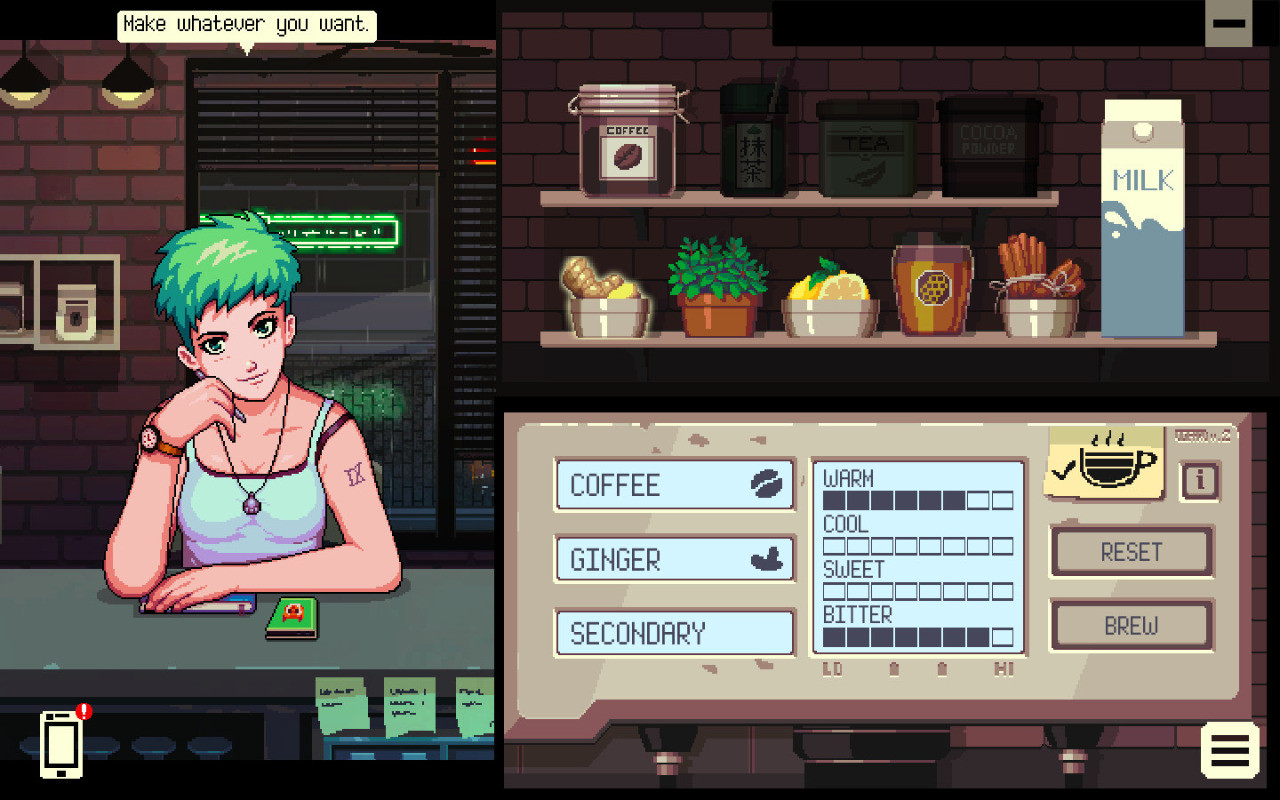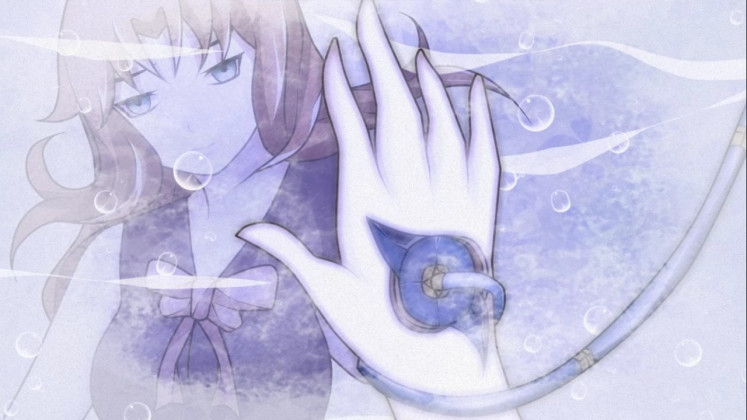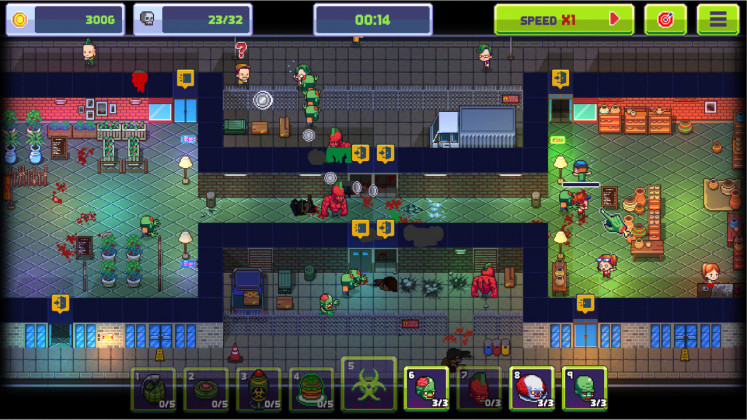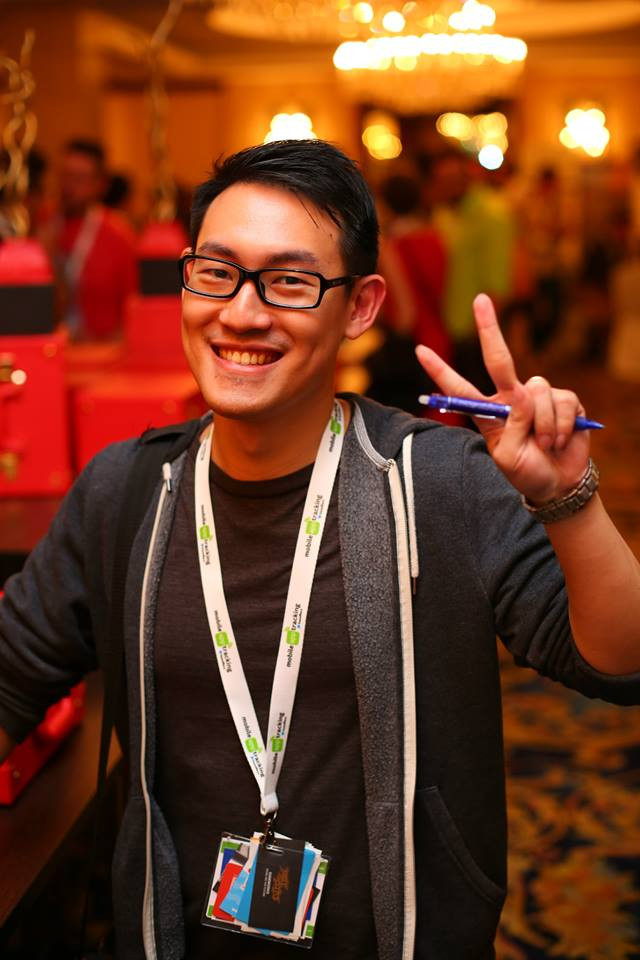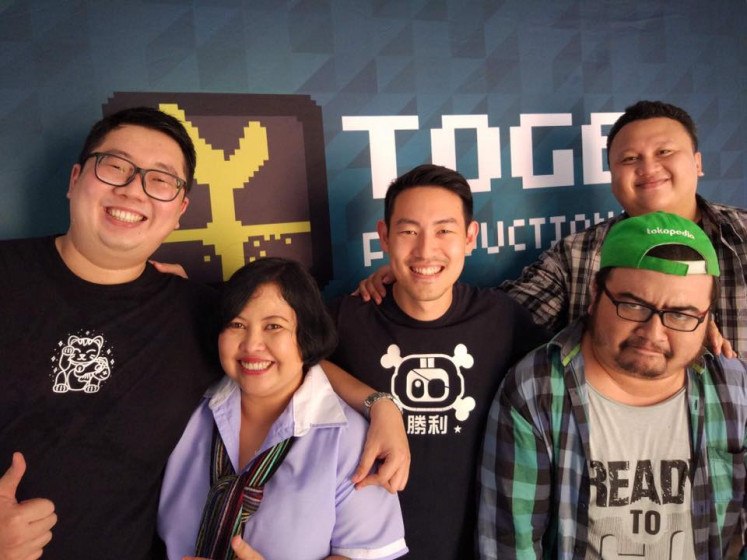Popular Reads
Top Results
Can't find what you're looking for?
View all search resultsPopular Reads
Top Results
Can't find what you're looking for?
View all search resultsIndonesian game developers endure trolls, tough parents
Even as the local gaming industry has global successes, the country’s developers struggle to be taken seriously.
Change text size
Gift Premium Articles
to Anyone
I
ndonesians who dream of working in the video game industry face a number of challenges, including dealing with people who don't consider it a promising career.
But some local video game developers have found success and have made Indonesia a force to be reckoned with in the global video game landscape, all while battling the doubts of family members.
"Find a real job"
Syahroni "Roni" Musthofa is an indie game developer who works two jobs, one as a game programmer for Alegrium—a Jakarta studio known for its Icon Pop Quiz series – and the other as an independent developer of his own games.
"During my school days, I programmed games mostly as a hobby or in competition for prizes," Roni said. Then, he read an article about Legrand Legacy: Tale of the Fatebounds, a role-playing game in the Japanese style developed by Indonesian studio Semisoft.
Roni was so taken aback that a local studio had made such a complete and globally recognized game that he left “a wall of text [filled with] feedback on the [studio website's] comments section".
Roni recalled, laughing, that he joined the company a few months after posting his comments, and he began carrying out the changes he had proposed.
Making games as a student and building a network in the industry led to a full-time job.
"My mother didn't complain so much when I was making games while studying. My grades were good. It was even better that I was making money by myself," Roni said. But as he moved on to making games full-time, "the 'noise' started", Roni said, referring to his mother's complaints.
Roni studied and worked in Bandung, West Java, but his family lived in Kudus, Central Java. His mom worked in a traditional market near the family’s home, and that was where the gossip and comparisons started.
"Working in a game studio without a dress code and fixed working hours, especially during this past year where all the work is done from home, was an alien concept to my mother."
Even as his steady income made him the backbone of his family, Roni's mother kept on pushing him to find a "real job".
"Look at our neighbor's son. He works at a bank now. You should try applying. Maybe you could be like him," was something Roni routinely heard his mother say.
Despite that, he never gave up trying to explain what his job was to his mother. Roni also decided to open a stall in the traditional market where his mother had her store, to satisfy her. He said he also did this to have a passive income if things went awry with his video game career.
Pandemic benefits
"The pandemic actually showed my family how lucrative the video game industry is," Roni said. As many people lost their jobs, including the banking jobs his mother had mentioned, Alegrium continued to thrive, mostly because more people were playing video games as they spent more time at home.
But even with the growth and assurance, Roni still has to face his parent's lack of understanding about the industry.
"My mother [...] still can't comprehend the daily life of a game developer who sits in front of the computer all day," he said. Thankfully, the rising popularity of e-sports players, who play video games professionally in tournaments, was something she could understand.
Toge Production's 'Infectonator 3: Apocalypse' (Infectonator 3: Apocalypse/Courtesy of Toge Production)"Of course, what I do is totally different from [e-sports], but at least she's started to see video games as a promising career choice, although I still have to remind her of the difference between what I do and what they do at least every week," Roni laughed.
Generational tensions
Kris Antoni, CEO and founder of Toge Productions, a Tangerang-based independent game developer and publisher, explained his struggle directly.
"My father expected me to follow in his footsteps to become an architect. But that's not what I wanted to do. I wanted to make games."
Toge Productions was founded in 2009 and is now one of the most recognized Indonesian developers internationally. Kris and cofounder Sudarmin Then started out working on games in a garage.
Kris studied computer science at Binus International University before taking part in a joint degree program at Murdoch University, Australia, to study games technology. Kris said that if he had taken the game development course from the start, his family wouldn't have paid for his studies.
"At that time, my father's attitude toward my dream was like, 'Just let him be for now. He'll learn his lesson.'" Kris's mother was "pretty supportive".
"When I was 23, my father—who at that time was tired of seeing me spending my time in front of the computer making games—decided to kick me out. He told me that if I didn't want to find a real job and continued making games from home, then I’d have to pay rent to stay in his home. So I decided to move into my cofounder's house."
Kris used his savings to continue making games while surviving mostly on instant noodles. He released some short video games online.
Toge Productions CEO Kris Anthony (Kris Anthony/Courtesy of Toge Production)Unlike Roni, who tried reasoning with his parents, Kris decided to save his energy and avoid debates with his father.
"It would be useless anyway, so I stopped talking about it with my dad and just showed him my bank account after our games had success. He stopped complaining about my job after that."
But it wasn't all smooth sailing.
"Even after Toge Productions found success and was in a stable condition, he’d still says things like how I should try to make something like Gojek, which I would just answer with a nod and a smile," Kris said.
Industry demotivation
While non-industry naysayers may be inevitable, what about doubters from within?
A Facebook page called Gamedev Fasik gained popularity with memes that lampooned people struggling to make games for fun or professionally. The page has over 3,600 likes.
One of the page's administrators, Dea, who chose to use a pseudonym for this article, said the page was one long joke.
"It started as a group chat where some folks in the Indonesian game industry talked about the hardships we faced."
One meme about leaving the game industry to sell the Indonesian dessert martabak manis (sweet pancakes) went viral.
"It was 2017 or 2018, I think, when so many people, including [President Jokowi's] son, were starting martabak businesses, and they found massive success from that. That's where our popular joke started: ‘Instead of than making games, you should sell martabak.’”
The page also became infamous for pushing people out of the industry and preventing newcomers from joining. "I know it sounds pretentious, but gatekeeping can be considered our mission. It's a tough industry to be in, and we were sick of all the workshops and motivational developers saying everyone could make games easily. If you find it easy to make games, your games probably suck."
Toge Productions CEO Kris Anthony with members of his team (Toge Production/Courtesy of Kris Anthony)Dea said he wanted to motivate industry players through satire. "If your will is strong enough to be here, you will laugh at the memes we post."
Even with the apparently hostile facade, Gamedev Fasik has created slides with lessons about the game industry, including one criticizing the act of reskinning (copying other games with slight changes to superficial appearances) and another explaining what tuyul apps were (apps made to fake ad impressions).
The page is the ultimate test for local developers.
"Being in the game industry is hard, and if you give up—if we gave up—just because of some memes on some random Facebook page, maybe you don't belong here. That's the hard truth."

